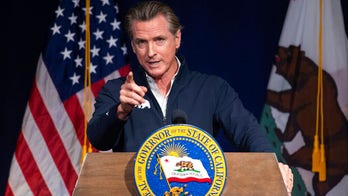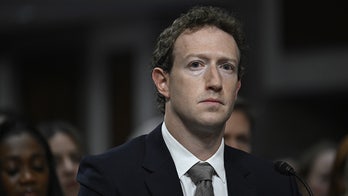The NYPD recently reversed its stance on facial hair, reinstating a ban just four years after allowing officers to sport beards. This article explores the psychology of facial hair and its significance within the context of law enforcement.
The New York Police Department (NYPD) recently chose to reverse its stance on facial hair, reinstating a ban just four years after allowing officers to sport beards. Beyond the surface-level debate over grooming policies lies a deeper consideration of the symbolic significance of facial hair, particularly within the context of law enforcement.

The Psychology of Beards: Why Police Officers Might Grow Them
Studies exploring the psychology of appearance have delved into the many ways in which facial hair influences perceptions of individuals, particularly in contexts where authority and power are paramount, such as law enforcement.
Facial hair, notably beards, has long been intertwined with cultural and societal perceptions of masculinity, strength, and authority. One aspect of this phenomenon lies in the evolutionary perspective. Throughout history, the presence of facial hair in men has been linked to maturity, virility, and dominance. Prominent facial features (like a strong jawline, etc.) often signal dominance within social hierarchies. This evolutionary residue may subconsciously influence how humans perceive individuals with facial hair, associating them with traits of strength and authority.

The Psychology of Beards: Why Police Officers Might Grow Them
Moreover, societal and cultural norms play a significant role in shaping perceptions of facial hair. In many cultures, the beard has been revered as a symbol of wisdom, power, and masculinity. From ancient civilizations where beards denoted status and authority to more contemporary times where iconic figures like Abraham Lincoln and Ernest Hemingway have been synonymous with their distinctive facial hair, the beard has retained its symbolic significance.
Within the context of law enforcement, where projecting authority and maintaining control are essential, facial hair can serve as a visual cue reinforcing these traits. Research published last year in the Archives of Sexual Behavior shows that individuals with beards are often perceived as more mature, dominant, and competent compared to their clean-shaven counterparts.

The Psychology of Beards: Why Police Officers Might Grow Them
These perceptions can translate into increased confidence in the abilities of bearded officers to handle challenging situations and make tough decisions, traits that are crucial in policing.
Furthermore, facial hair can also evoke a sense of ruggedness and resilience, qualities that are valued in law enforcement. The image of a stoic officer with a well-groomed beard can convey a sense of toughness and determination, qualities that are often associated with the demands of police work.

The Psychology of Beards: Why Police Officers Might Grow Them
The psychology of appearance highlights the many ways in which facial hair influences perceptions of strength, authority, and masculinity, particularly within the realm of law enforcement. Understanding these dynamics can provide insights into the role of grooming standards in shaping public perceptions of police officers and the complex interplay between appearance, identity, and professionalism.
However, it is important to note that the relationship between facial hair and perceptions of authority is complex and multifaceted. While some studies have found that beards can enhance perceptions of dominance and competence, others have suggested that they may also be associated with negative stereotypes, such as aggression or unprofessionalism.

The Psychology of Beards: Why Police Officers Might Grow Them
Ultimately, the decision of whether or not to allow police officers to grow beards should be based on a careful consideration of both the potential benefits and drawbacks. Banning all beards is an unnecessarily strict approach. It's entirely possible to maintain a well-groomed appearance with facial hair. By implementing guidelines that require officers to keep their facial hair tidy and trimmed, the NYPD could achieve its desired level of uniformity without resorting to extreme measures. This approach respects individual differences while still upholding a professional standard of appearance.
Additionally, there's no substantial evidence to suggest that facial hair inherently compromises officers' ability to perform their duties effectively. On the contrary, as highlighted, there is plenty of evidence to suggest that bearded officers are, in many ways, better officers.

The Psychology of Beards: Why Police Officers Might Grow Them
As long as hygiene standards are met and facial hair is kept neat, there's no reason why officers with beards should be treated differently from their clean-shaven counterparts. In fact, one could argue that allowing officers to have well-maintained beards could enhance community relations. It's well-known that law enforcement agencies benefit from building trust and rapport with the communities they serve. Allowing officers to express themselves within reasonable grooming guidelines could make them more relatable and approachable to the public.
In conclusion, the psychology of appearance plays a significant role in shaping perceptions of police officers and their ability to effectively carry out their duties. While facial hair can convey certain symbolic meanings and influence perceptions of authority and competence, it is important to adopt a balanced and nuanced approach to grooming standards that considers both the potential benefits and drawbacks. By allowing officers to maintain well-groomed facial hair, law enforcement agencies can respect individual differences, enhance community relations, and still maintain a professional and effective police force.










